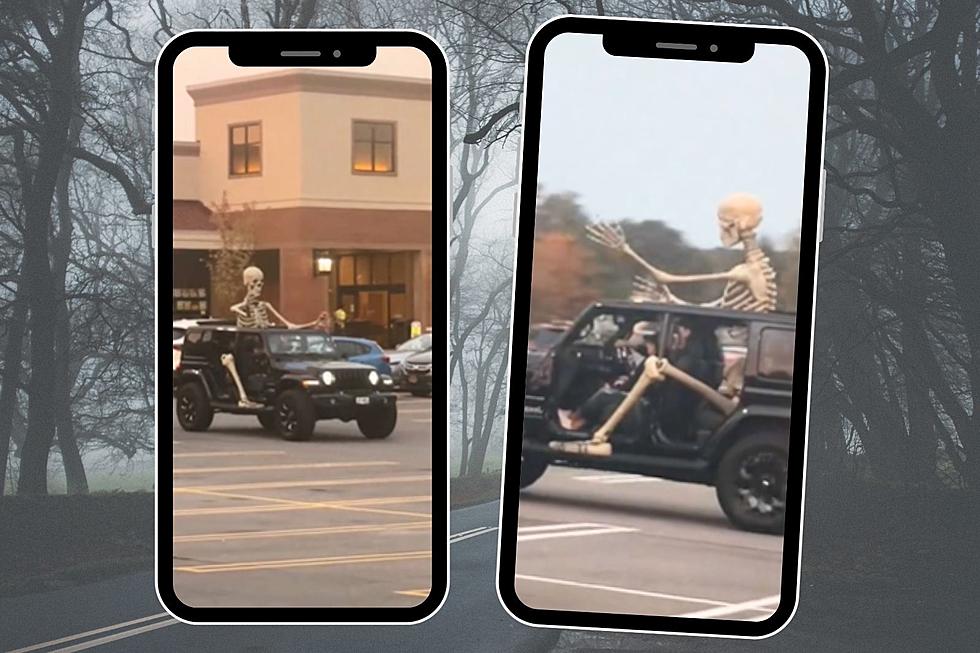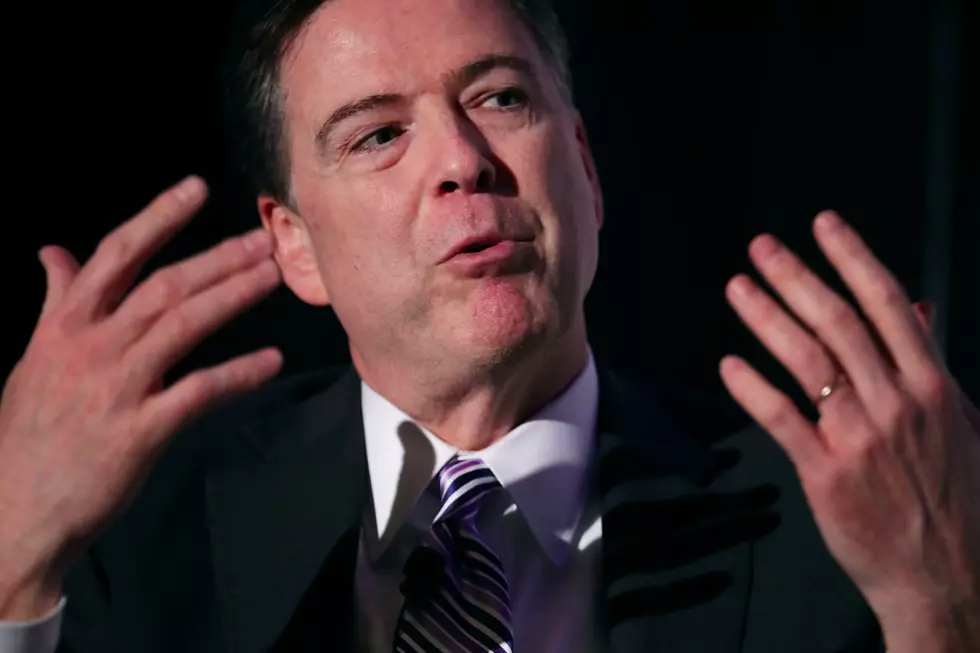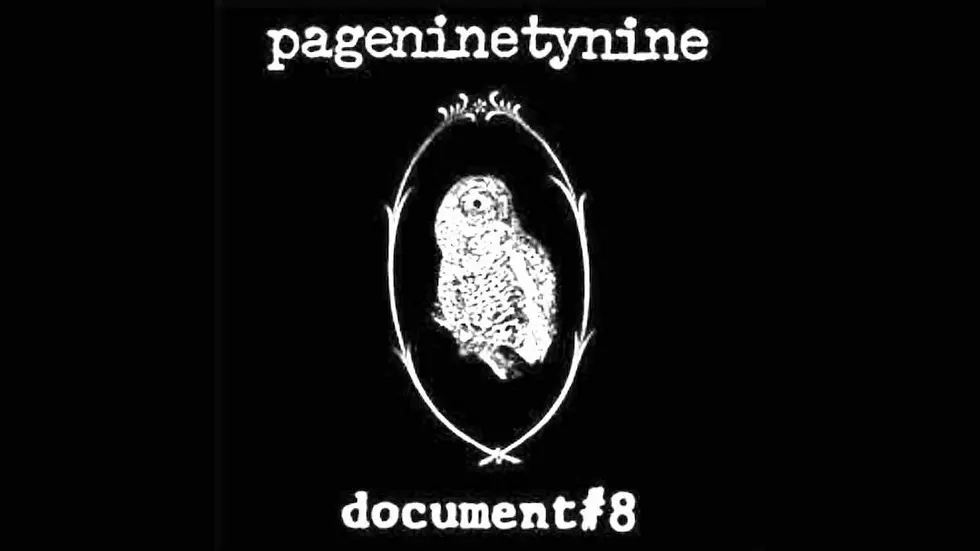
In Times of Tragedy, Can the Media Do More Harm Than Good?
During 9/11, I felt it. In the wake of the Bataclan, I felt it. After Columbine, I felt it. It’s an overwhelming sense of dread that the world is empty, that tragedy can strike anywhere and — in comparison to the heroic acts of some during these tragedies — what we do is meaningless. It’s a hard pill to swallow, especially when you are in pursuit of a career and a dream for decades, but ultimately journalism is a reactionary art.
Blogging was once described to me as the ultimate form of PMA (positive mental attitude): taking a tragedy and dissecting it in ways to help spread information. How can we discuss the events that have occurred and add to the conversation? How can we be of service to our audience without baiting for clicks and actually help affect social change?
Yet, above all of that is the looming sense of dread — how do we write something that is NOT exploitative? It’s a fight that we face on a daily basis. How do you approach a victim, who has just been through one of the most horrific moments of their life, and discuss their experiences to a positive end? Let’s be real: It’s not a fight that all of us care to face, but those who possess altruism wrestle with it constantly.
Furthermore, on the largest scale, the world of the press is in overdrive figuring out how to cover the Manchester bombing in the most unique and comprehensive way possible. From moment to moment, there are a thousand think pieces pushing a thousand angles on top of the zillions of news stories telling the same story, all vying for your eyes. The blogger’s duty is to come up with another angle for the story, one that lies outside of the regular news and tells yet another story about something that is half a world away, possibly in another language, about people that the writer may or may not relate to. Is this glut of information, in the end, helpful? Or does that feed into the beast that we call fear, adding to the growing firestorm of nationalism and Muslim hate, a story we know all too well already?
As journalists, we have a job to do, which is report the news. But the ways that we report the news can make all the difference in the world. Will another story on the tragedy truly move the needle and push our audiences toward thinking about an event differently? Or are we adding to the gluttonous chorus of same-y discussion points, never bettering our situation? Or can we use this evil for good? How? These are the most important parts of making a difference.
As writers, we are judged on our traffic and how well an article performs, but I say that sometimes the intangible performance of an article is just as important — the ability to make a reader rethink their point of view and push towards a greater future. These are the goals that we should always strive for. Terrorism, hate and the dark side of humanity will always exist. It’s our job as communicators to fight those evils every single day through discourse. At the end of the day, its not ISIS or the lone gunman or the newly emboldened racist who is the enemy — it’s ignorance and myopia. Fight the good fight.
More From CLRVYNT









